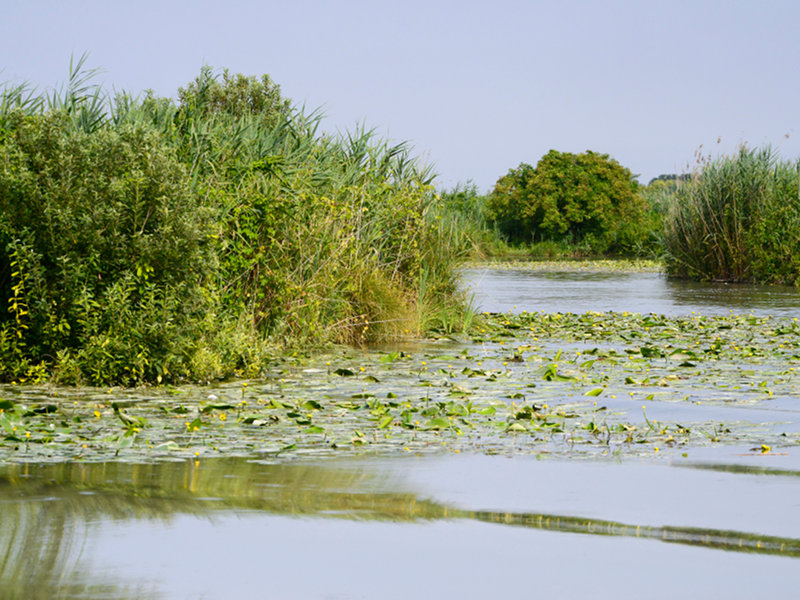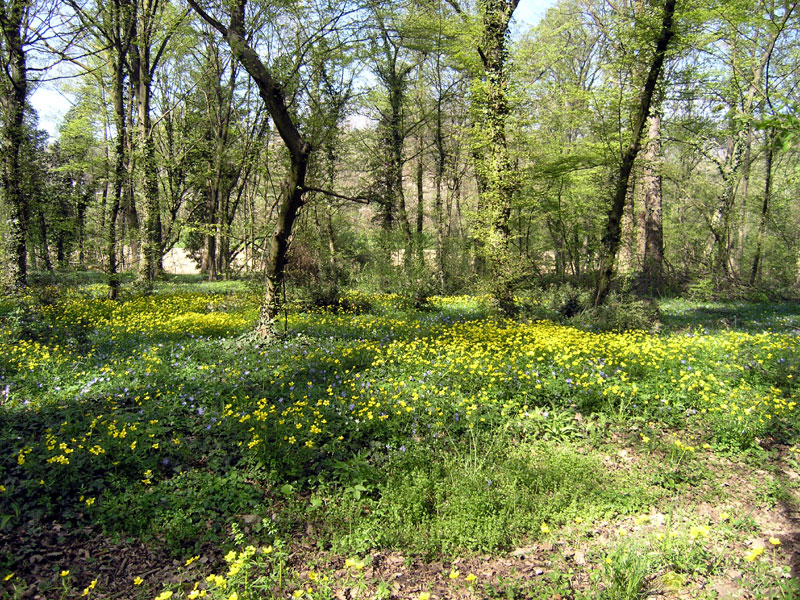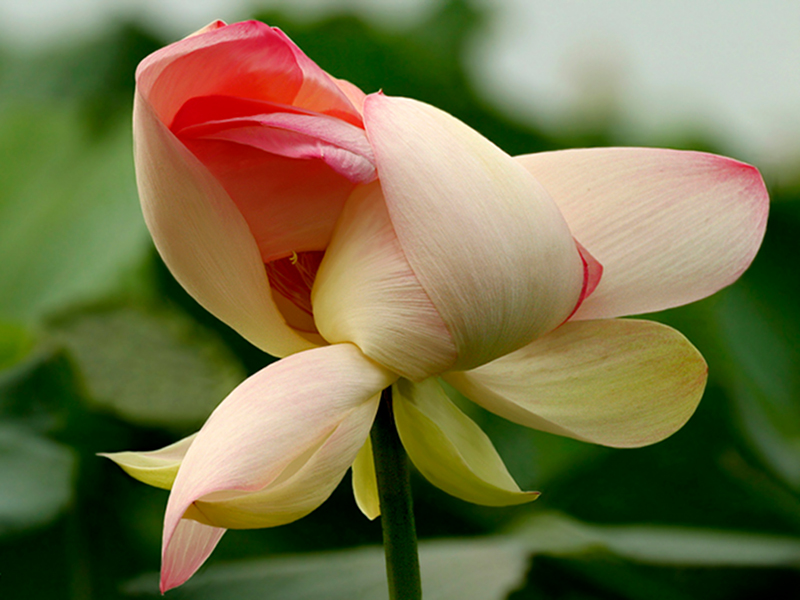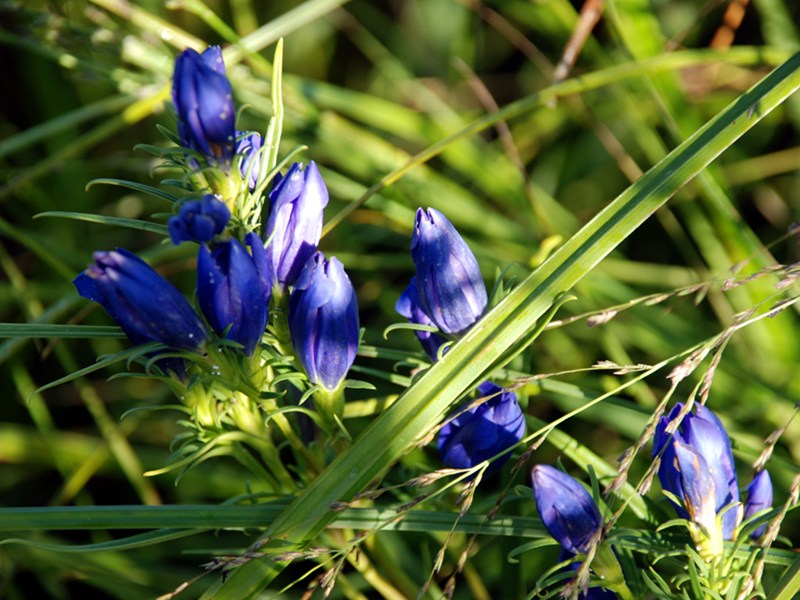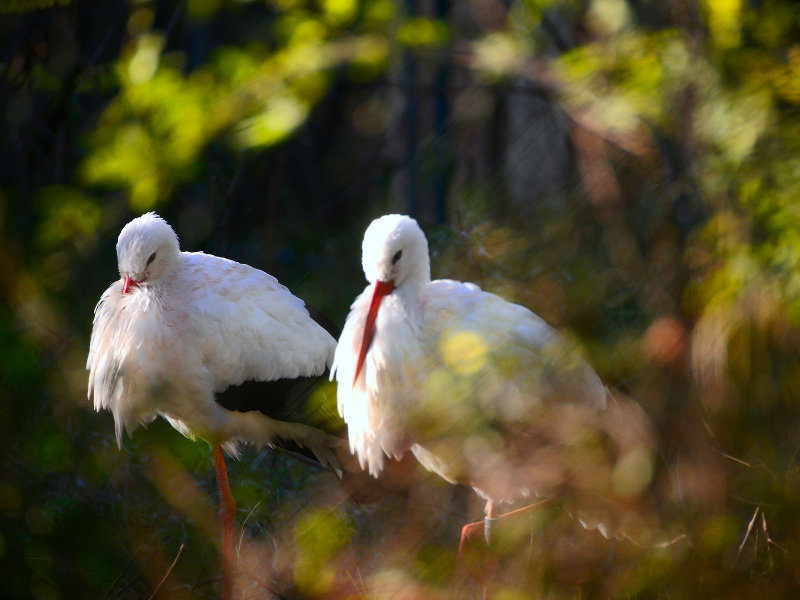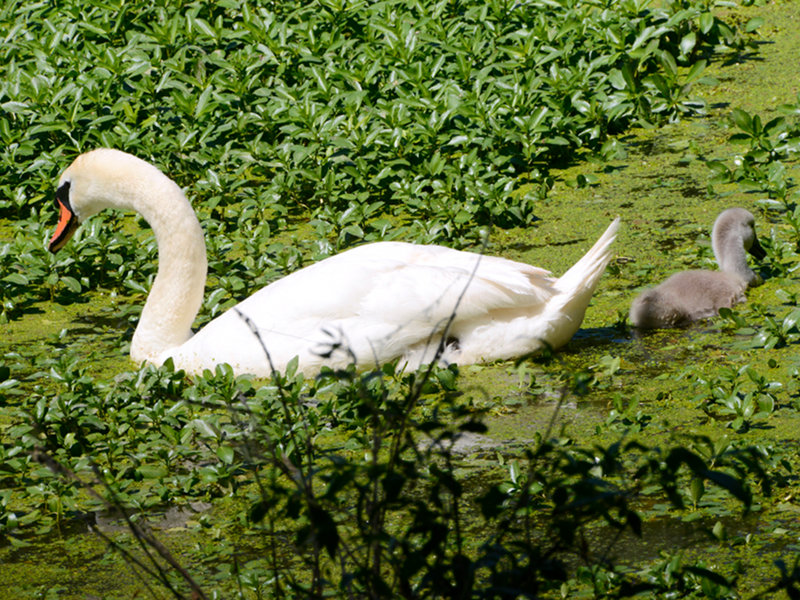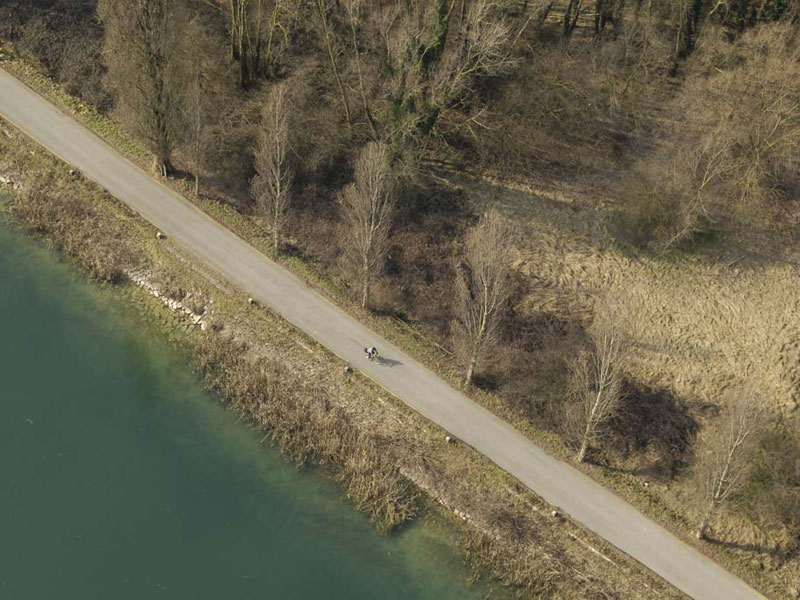Parco del Mincio
www.parcodelmincio.itProtected Area
Identity Card
- Mincio Regional Park:
- Land Surface Area: 15'942.00 ha
- Protected flora: 4 species (Italian text)
- Protected wildlife: 249 species (Italian text)
- Habitats: 6 types (Italian text)
- Regions: Lombardia
- Provinces: Mantova, Brescia
- Municipalities: Bagnolo San Vito, Borgo Virgilio, Borgocarbonara, Cavriana, Curtatone, Desenzano del Garda, Goito, Mantova, Marmirolo, Monzambano, Ostiglia, Pomponesco, Ponti sul Mincio, Porto Mantovano, Rodigo, Roncoferraro, Sustinente, Volta Mantovana
- Establishment Measures: LR 47 08/09/1984
- PA Official List: EUAP0197
- Park Authority: Ente Parco del Mincio
- Further managed Protected Areas:
- RR Garzaia di Pomponesco
- RR Isola Boscone
- RR Palude Ostiglia
- Riserva Regionale Complesso Morenico di Castellaro Lagusello
- Riserva Regionale Vallazza
- Riserva Regionale Valli del Mincio
- Sito d'Interesse Comunitario Complesso Morenico di Castiglione delle Stiviere
- ZPS Paludi di Ostiglia
- ZPS Riserva Regionale Garzaia di Pomponesco
- ZPS Viadana, Portiolo, San Benedetto Po e Ostiglia
- Zona di Protezione Speciale Valli del Mincio
- ZSC Ostiglia
- ZSC Pomponesco
- Zona Speciale di Conservazione Ansa Valli Mincio
- Zona Speciale di Conservazione Chiavica del Moro
- Zona Speciale di Conservazione Complesso morenico di Castellaro Lagusello
- ZSC e ZPS Isola Boscone
- Zona Speciale di Conservazione e Zona di Protezione Speciale Vallazza
Natura 2000 Network in Parco del Mincio (Italian text)
The Upper Mincio
The river Mincio has its source in Peschiera, from the lake of Garda and flows straight across the territory of Verona for some kilometers. The right bank of the river belongs to Mantua (and therefore to Regione Lombardia) in Ponti sul Mincio and in Monzambano. This area is part of the morainic amphitheater of Garda, with gentle hills covered with vineyards and oak woods. Downstream, the river becomes rich in meanders and laps the countryside of Goito, then turns swampy and forms the Valleys of the Mincio in Rivalta (country ward of the Municipality of Rodigo): a scenario which seems to be out of time. In Rivalta sul Mincio the Park Authority manages a visitor center, near which there is jetty for tours along the river. Another Park Center is situated in Goito, the "Parco Bertone", destination of several school trips.
Central Mincio
In its central section, the Mincio river extends and widens, creating large and winding meanders between the cultivations and the meadows of the plain in Mantua. Along the river banks the white willows, poplars, elms and pedunculate oaks make room for the common reed and the cane in the joinging points between earth and water.
The Lower Mincio
Just beyond the town, the river creates other wetlands near the agricultural district of Formigosa, and from there it slowly approaches its own end; in this final stretch, the river Mincio flows in the plain among high embankments, until it flows into the river Po in Sacchetta di Sustinente.
Flora
Along the banks, the spontaneous forest species are mainly represented by willows, poplars, English oaks, Turkey oaks, alders. The wetlands of the Valli del Mincio and of the lakes of Mantua have a considerable floristic importance, in particular the lake Superiore, where there is a relevant presence of marshy vegetation, with large canebrakes, caricies, and aquatic plants (water-lilies, water chestnuts, lesser duckweeds, buttercups, cattails, hibiscus, lotus).
(The following links lead to web pages in Italian)
Fauna
The protagonists of the animal life in the territory of the Park are without a doubt the birds, which are present with several species mainly linked to the aquatic and marshy environment. Among the non-migratory species there are moorhens, coots, mallards, great crested grebes, little grebes, kingfishers, bearded tits, penduline tits, reed buntings. From March, little egrets, night herons, and squacco herons nest in large colonies along the lower course of the river Mincio (from the observatory of Chiavica del Moro, near Barbasso, it is possible to observe this small ornithological paradise), purple herons in the canebrakes of the lakes. Among the other species, the black tern and several birds of prey (marsh harrier, osprey, black kite), little bittern, garganey, water rail, lapwing, common tern, cuckoo, yellow wagtail, Cetti's warbler, fan-tail warbler, sedge warbler, reed warbler, great reed warbler, cormorants. In the marshy environment, a few mammal species live: among them the nutria. The Park has committed itself for years to reduce their number through a project of control and capture (for information, click here).
(The following links lead to web pages in Italian)
The Lakes of Mantua
Just beyond the Valleys of the Mincio and the village of Grazie di Curtatone, the river becomes wider and wider, and forms the first one of the three lakes surrounding Mantova. The current hydraulic system regulating the course of the river around the town dates back to the year 1190: a very modern work by Alberto Pimentino. The first and the largest one of the three lakes is the Superiore. From the banks of the public gardens of Belfiore you can clearly see the floating island of the lotus with the spectacular blooming during the summer months. With the Life funds the Park keeps under control the extension of the flower, which was artificially introduced at the beginning of the 20th century. From the lakes Superiore and di Mezzo you can enjoy the view of the silhouette of the great palace of the Gonzaga family. Finally, from the lake Inferiore you can enjoy the view of the wetland of the Vallazza. Trips by motorboat from the berths of the lakeside Mincio and Gonzaga.





